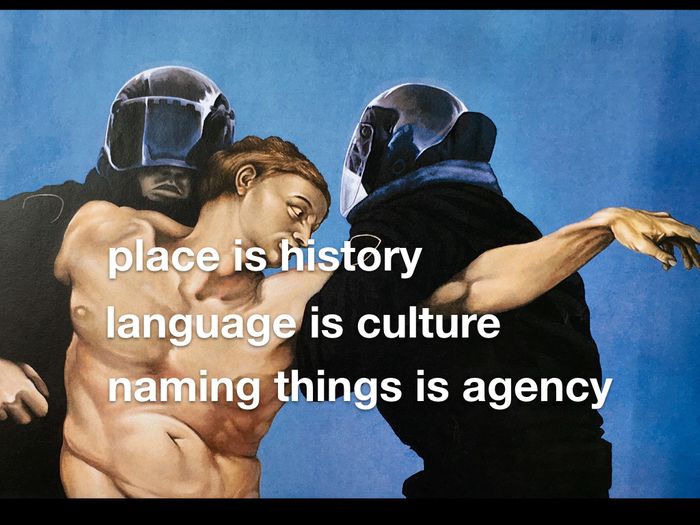Michal Migurski is working on a project for measuring legislative gerrymandering. Redistricting shenanigans can be detected from current, historical, and proposed legislative districts.
PlanScore is doing two things to address partisan gerrymandering.
We are creating score pages for district plans to provide instant, real-time analysis of a plan’s fairness. Each district plan will be evaluated for its population, demographic, partisan, and geometric character in a single place, with backing methodology and data provided so you can understand the number. We’ll publish historical scores back to the 1970s for context, current scores of proposed plans for voters and journalists, and dynamic scores of new plans for legislative staff who are designing tomorrow’s plans.
We are also assembling a collection of underlying electoral data from sources like Open Elections, elections-geodata, and other parallel efforts. Our goal is to provide valid scores for new plans in any state. As we await the outcomes of gerrymandering challenges in Wisconsin and North Carolina, voters and legislative staff in other states are wondering how to apply new ideas to their own plans. In 2020, everyone will have to redraw their maps. PlanScore will be a one-stop shop for district plan analysis.


